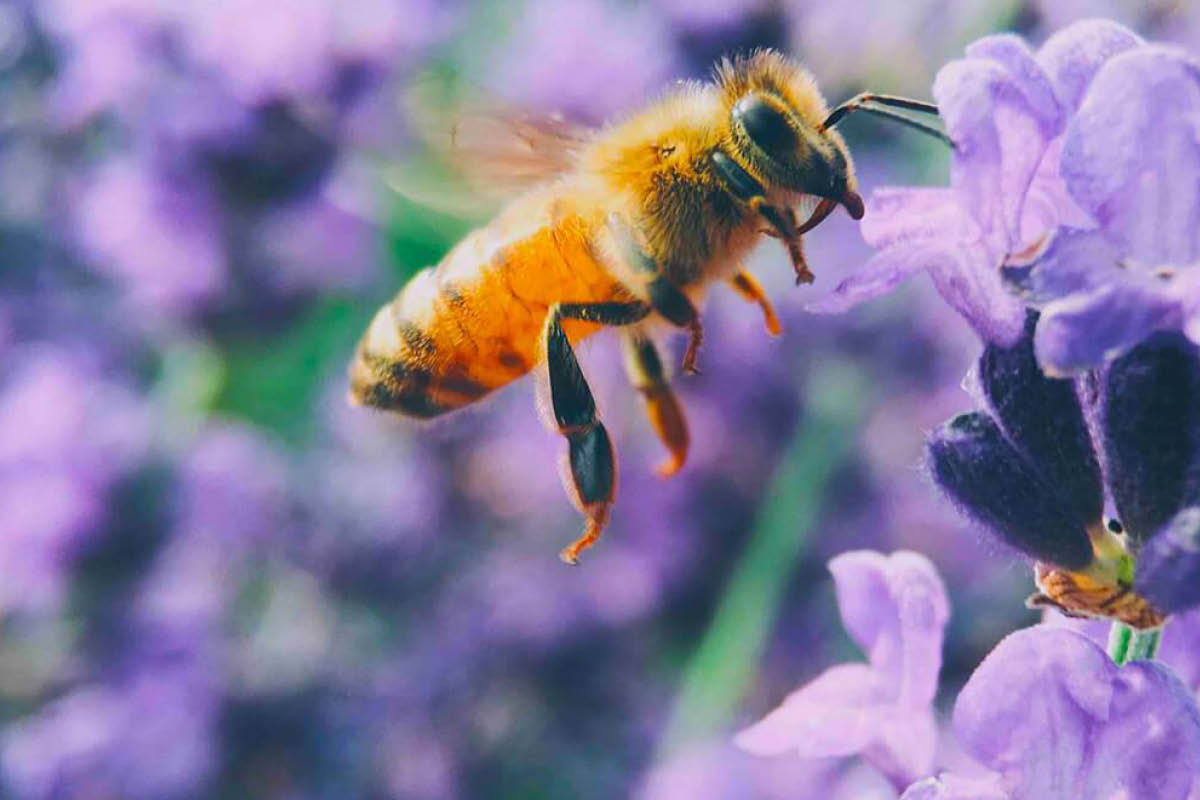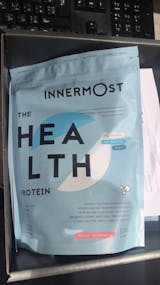Bees aren't fun at a BBQ but these furry critters ain't all bad. Trust us.
Yes, they may have the ability to sting you, and that's never fun, but they make honey and also bee pollen, which has recently gained a lot of interest in health circles.
From bee pollen benefits and nutrition to everything in between, as always, we've got the facts. Here's the 4-1-1 on bee pollen.
What is bee pollen?
Bee pollen is made by honeybees and fed to young bees. It’s made when the bee mixes the pollen together with the nectar collected as it buzzes around. Amazingly, one teaspoon of bee pollen takes a bee a month of eight hour shifts to create. Each bee pollen pellet contains over two million pollen grains – and each teaspoon contains over 2.5 billion grains.
As a result of its massive nutrient content, bee pollen is considered to be one of nature’s most complete foods as it contains almost all the nutrients we need.
What makes bee pollen so interesting?
Bee pollen is a mixture of proteins, lipids and sugars. It’s loaded with enzymes, which aids in the digestion of food. It also contains over 18 different vitamins and minerals. Bee pollen is high in protein and contains more amino acids than beef, eggs or cheese of equal weight. Also, over half of the amino acids in bee pollen are free which means our bodies can use them directly.
What are the benefits of bee pollen?
Many health-related claims, some of which include; enhancing energy, soothing skin, reducing inflammation, aiding digestion, supporting the cardiovascular system, strengthening the immune system and treating allergies. These effects are all said to be related to the high antioxidant and nutrient levels in bee pollen.
How do I incorporate bee pollen into my diet?
The grains are very effective when eaten with food during mealtimes, and in particular with fruit. Bee pollen is also great when eaten on its own, or used as a topping for yogurt, porridge, salads and soup. You can even put some in your Innermost protein blend following your next workout.
Have the bee pollen benefits been studied?
The short answer? Yes. For centuries, actually... with bee pollen use in cosmetics and wellness products dating back to ancient Chinese records.
A study published in the Journal of Oleo Science echoes the effectiveness of bee pollen for health and wellness, with 70% of the substances found in bee pollen being biologically active that include proteins, carbohydrates and vitamins. And as we know, these are all pretty important when it comes to nutrition and wellness.
These natural features of bee pollen were found to positively enhance protective mechanisms by the study, and by positive mechanisms we mean action against skin aging, the reversal of oxidation damage and even anti-inflammatory properties, too.
References
- Xi, X., Li, J., Guo, S., Li, Y., Xu, F., Zheng, M., ... & Han, C. (2018). The potential of using bee pollen in cosmetics: a review. Journal of oleo science, ess18048. Click here.
























